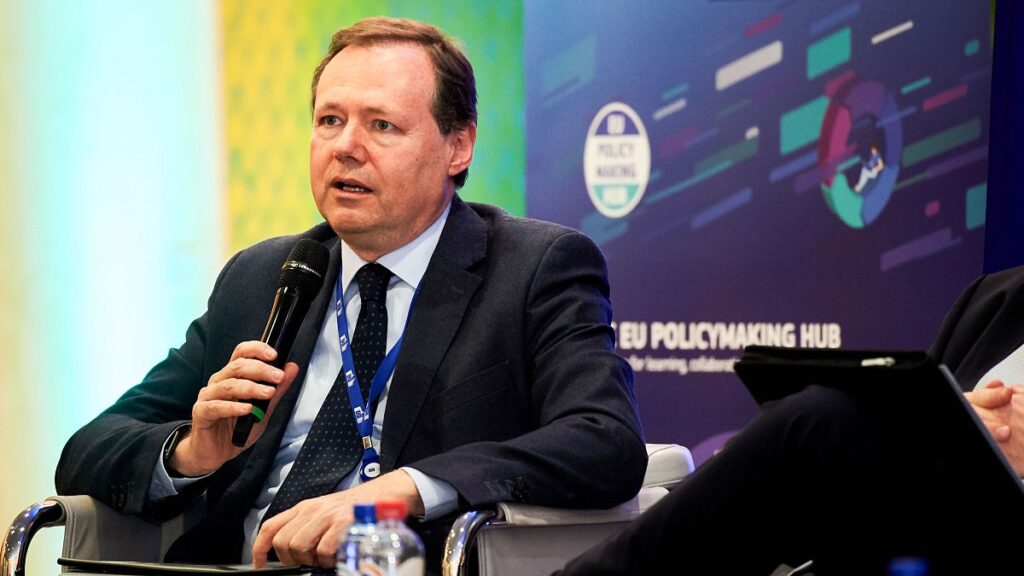The Commission has allocated €214 million for cybersecurity in 2024.
Investment in cybersecurity must be doubled under the next European Commission directive to ensure the Union's resilience against attacks, a senior EU official said today (19 March).
The importance of developing a cybersecurity narrative when the new executive takes office after June's EU general elections was pointed out by Roberto Viola, director of the European Commission's Digital Department, at a conference in Brussels. “We have fewer ransom attacks in Europe than in other regions, but we need to invest in cybersecurity. We need to at least double our investment,” Viola said.
In December, the Commission allocated €214 million for cybersecurity in 2024 to improve Union-wide resilience against cyber threats. The activities funded by this work program will be carried out by the European Cybersecurity Competence Center based in Bucharest.
During the von der Leyen Commission's mandate, various cybersecurity proposals were submitted, including updates to the Network and Information Security Directive (NIS2) and the recently approved Cyber Resilience Act.
Additionally, MPs and national governments this month (March 5) introduced measures aimed at improving the collective response to cyber threats by creating an EU-wide infrastructure with cyber hubs across the bloc. I supported it.
threat
Speaking at the same event organized by Forum Europe, EU Security Commissioner Margaritis Schinas Despina Supanou said the next Commission's mandate must focus on implementation.
“There is still much work to be done with the new law, but implementation is a challenge. NIS 2 is already huge and the Cyber Resilience Act is equally demanding,” she said.
The 27 EU member states have until October 17 this year to transpose NIS2 into national law. The rules aim to protect critical infrastructure such as energy, transportation, banking, water and digital infrastructure.
Florian Pennings, Microsoft's European cybersecurity policy director who also spoke at the conference, said the threat was growing. According to data collected by his company, 70% of organizations targeted by cyberattacks have fewer than 500 employees. He added that AI-powered solutions can help in faster decision-making.


